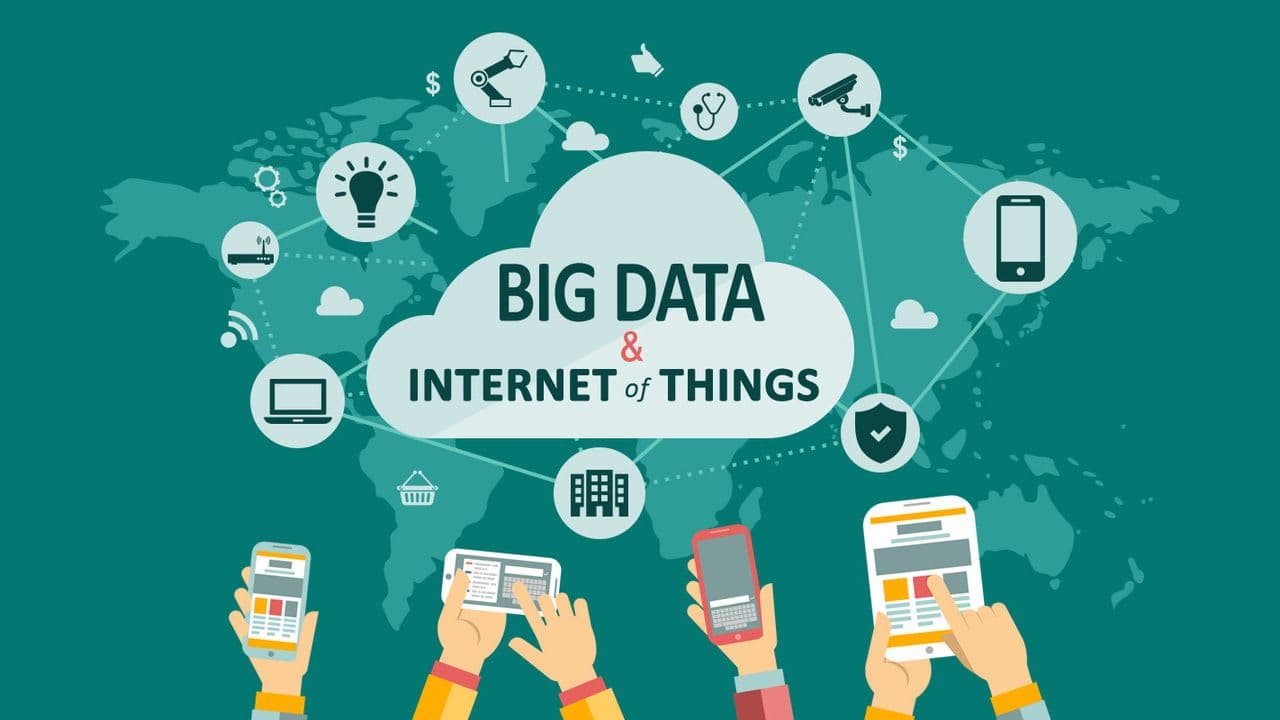How is IoT Related to Big Data Analytics?
Who needs economists when ‘the data speak for themselves’?

Machine learning is still new enough for the backlash to be largely restricted to academic eye-rolling. But some familiar themes are emerging in this latest craze. In principle, these new techniques should protect economists from their own sloppy theorising. Before, economists would try to predict things using only a few inputs. With machine learning, the data speak for themselves; the machine learns which inputs generate the most accurate predictions.
This powerful method appears to have improved the accuracy of economists’ predictions. For example, researchers have started to use big data to predict whether a criminal suspect is likely to come back to court for a trial, influencing bail decisions. But, as with RCTs, a powerful algorithm might seduce its users into ignoring underlying causal factors.
